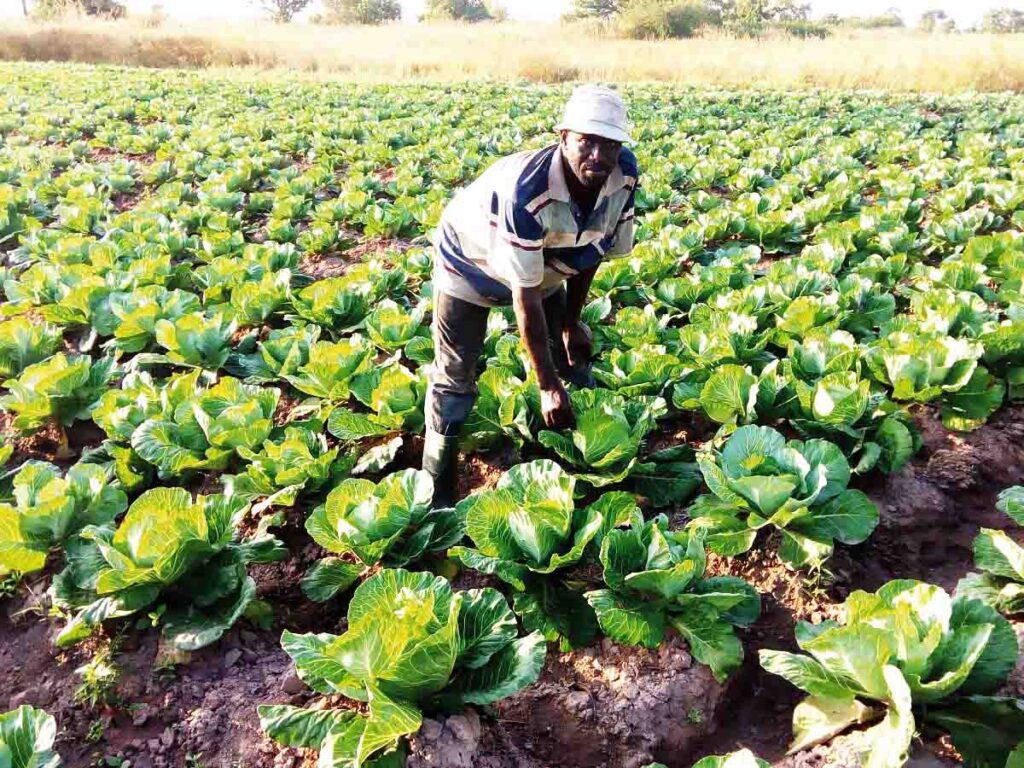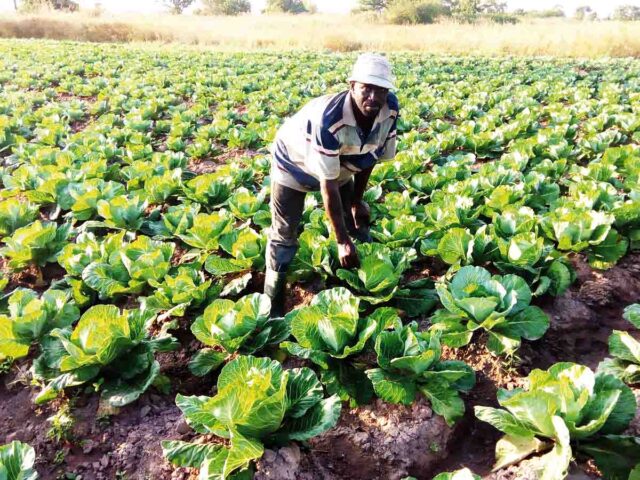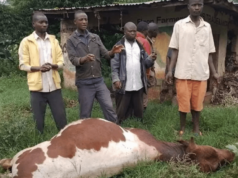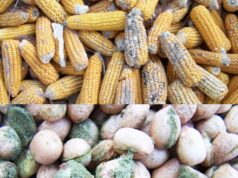By Pauline Akello
The theme of the National Budget for the Financial Year 2022 / 2023 presented in June 2022 was “Full Monetisation of Uganda’s Economy through Commercial Agriculture, Industrialisation, Expanding and Broadening Services, Digital Transformation and Market Access”.
This tells us the direction our leadership is undertaking in terms of agriculture and food production in general.
There is a rallying of resources to advance the farming sector, meaning many opportunities in this field are open. But what should one consider before diving into the practice?
Kimanje’s beginning
Simon Kimanje a Management Consultant officially began his journey as a farmer after graduating from his university.
But he had always dabbled in small projects such as duck rearing and keeping a few animals which built his confidence to go further into the trade.
His projects located in Central Uganda allow him to supervise and even participate in the daily different stages of production.
He has learned from all experiences and nothing teaches a person about stamina and mindset change as farming does.
“My first harvest was another thing, not a single profit, the second one did a tad better and the current third one is doing good,” he says, adding that one needs patience as long as they have the vision.
He grew pumpkins all three seasons and says it has been a pleasure for him.
“To see something come to fruition is both fascinating and rewarding,” Kimanje adds.
What it takes
The process of working the ground, planting and growing crops, and raising animals is a great way to describe the lifestyle of those in the agricultural industry.
Their relationship to the land has been characterized as more utilitarian than that of others who are less directly dependent involved.
Robert Kabushenga, a coffee and banana farmer puts an emphasis on how the farming sector has developed and is modernized.
“The farming sector is diverse. Like our society as a whole, it has developed and become more modern. Over the last 30-40 years, there have been many changes in the way local, regional, national and international agribusiness works,” says Kabushenga who has been farming for over eight years.
With a shifting and better approach to presenting questions, farmers have to get on with the changes.
Kabushenga, who served at Vision Group as the Chief Executive Officer (CEO) from October 2006 until January 2021 says, preparation is key.
Preparation for everything, within your budget and plan, have in mind the external factors that may influence outcomes, but remain persistent”.
Farmers have a vital role in our lives. One has to wonder if farmers gave up, what would we have to eat?
At the end of the day, Kimanje says: “ You should have a good theoretical grasp of farm settings, with a market-oriented management for proper planning and decision making”.
These enterprises need a clear outlining of resources including social capital, input/ production, and even the marketing process.

But most importantly, do not despise small beginnings.
Farmers have a greater awareness of and appreciation for nature in their relationship with the land.
Independence could be viewed as the main benefit of farming and a lack of financial reward as its main drawback.
But what about engaging in something productive that benefits society? That is Kabushenga’s disposition.
Farming was always something he liked and so made a deliberate effort to pursue it with a long-term outlook in mind.
He has pursued this goal since 2015 when he started.
“Even with all the unpredictable circumstances, you have to learn to be flexible and cognizant of changes, opportunities, and the like in whatever trade you do. Learn, unlearn, incorporate and consolidate. Want to be better and find ways to do it,” Kabushenga says.
Value of farming
Farmers bear a great responsibility to ensure the preservation of cultivated earth and supply the population with food.
They shape the social fabric and create income and job opportunities in many areas.
These simultaneously run with the personal desire to expand and benefit from their endeavor, while keeping up with new knowledge and technology in their field.
Some also have to meet far higher standards for supply to other parts of the world in the fields of environmental, animal, and consumer protection.
These higher standards raise the cost of production in many cases but might be a competitive disadvantage in a globalized market.
There is also the instability of a farmer’s income given the fluctuating weather, which is always a give and takes.
Kimanje says they have to invest more than just money. You have to relinquish any notions and constantly learn the ways of the land and its comrade the weather. You get to adapt through life experiences.
Overall, farming is a wonderful contribution to society.
According to Kabushenga, traditional technologies paired with innovative farm practices, will boost yields and improve profitability and sustainability.






















